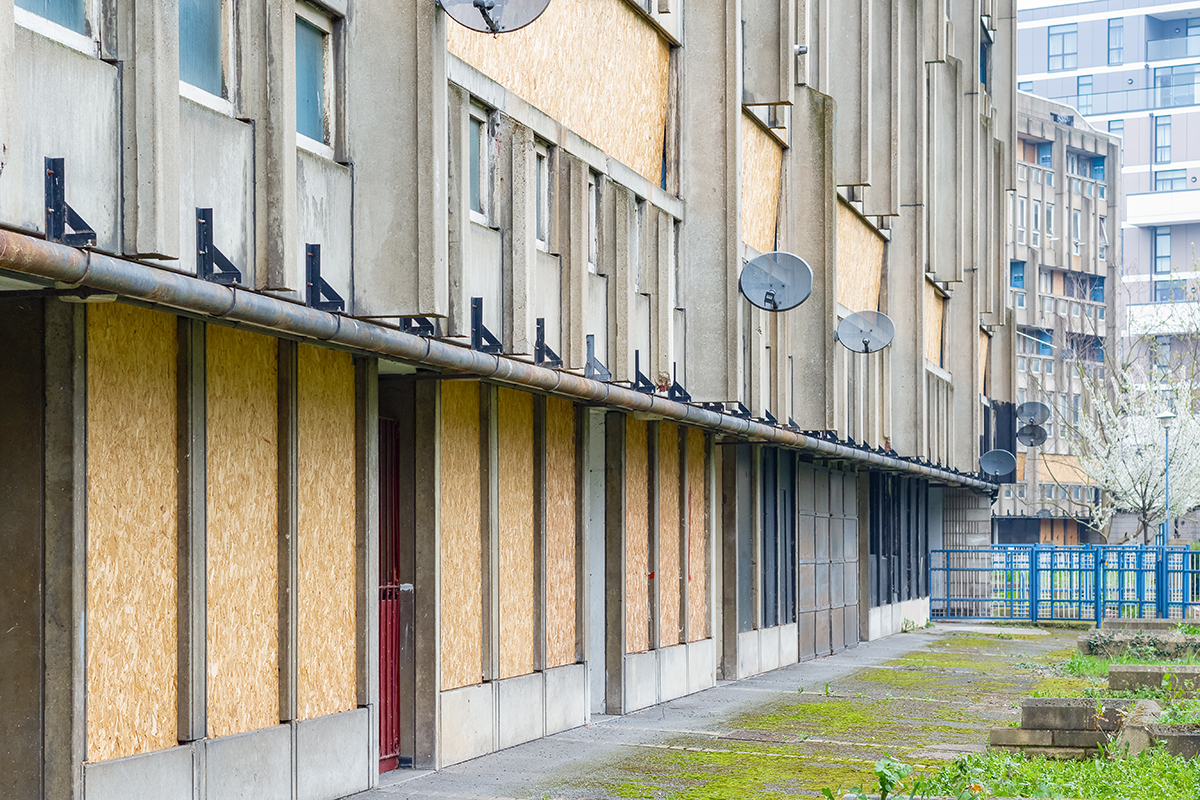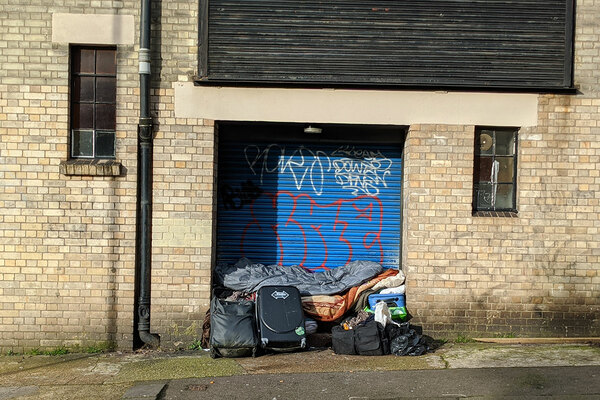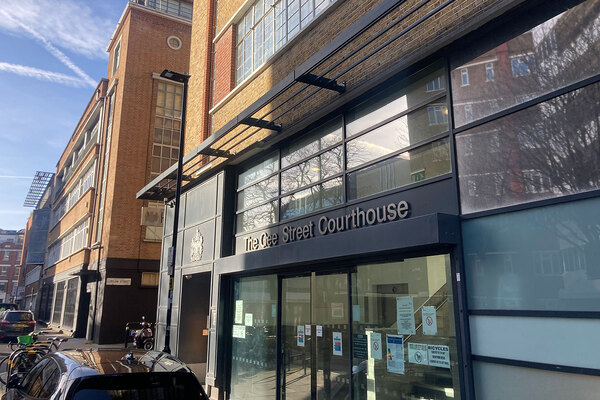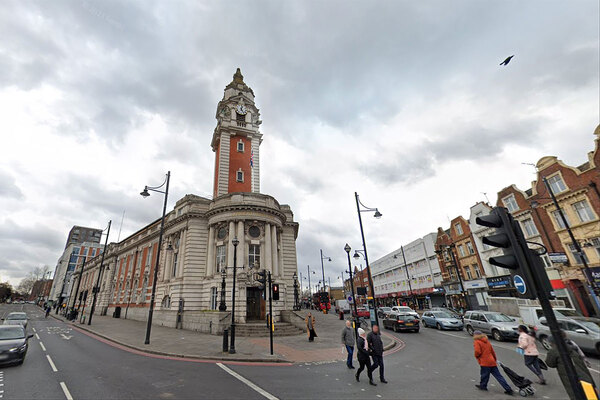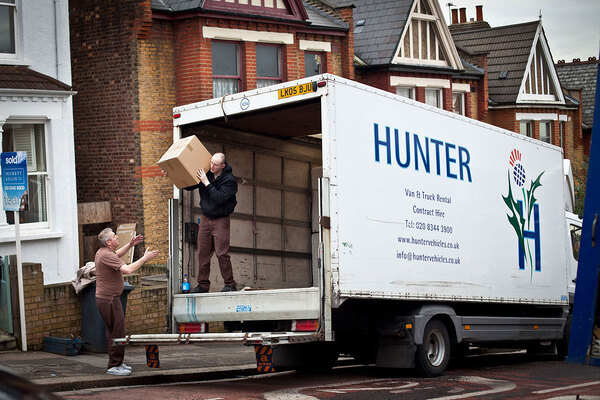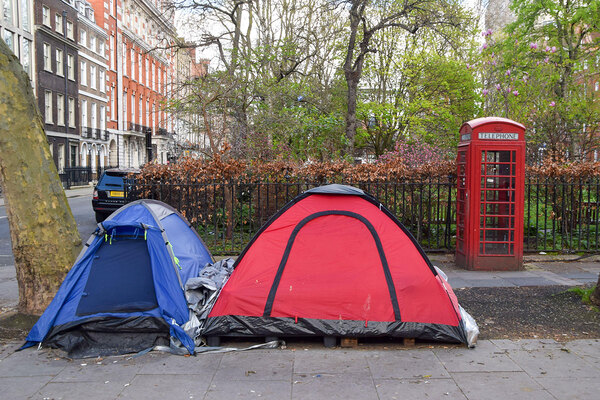You are viewing 1 of your 1 free articles
Homelessness spike driven by single adults needing help, new official figures reveal
The number of households being classified as homeless by councils has jumped 15% in a year, driven by single adults needing accommodation, latest official figures have revealed.
The government’s annual report on statutory homelessness, published today, revealed that the number of families and individuals owed a ‘relief duty’ after approaching a council rose to 139,800 in the year to the end of March 2020, up from 121,630 the previous year.
The relief duty is owed to people that are already homeless when they contact a local authority needing help.
The figures showed that 71% of the increase was due to a rise in single adults presenting as homeless.
Meanwhile, the number of households in temporary accommodation rose 9.4% in the year to 93,000, which was also attributed to individuals needing help.
The Ministry of Housing, Communities and Local Government’s (MHCLG) report said the jump in single adults becoming homeless could be due to “improved awareness of, and access to, services for single people, as well as additional government funding” for rough sleepers.
It also said the rise in temporary accommodation may be linked to the response by councils to the coronavirus pandemic.
Earlier this year, Boris Johnson vowed to end homelessness “once and for all” as he unveiled an extra £236m to tackle what he said were “simply unacceptable” levels of rough sleeping. The Conservatives have previously been criticised for failing to tackle homelessness despite being in government for the past 10 years.
The Homelessness Reduction Act, which came into force in April 2018, introduced new prevention and relief duties for families and individuals who are homeless or threatened with becoming homeless.
In the past year, 288,470 households were owed prevention or relief duties – four times the number of households owed the ‘main duty’ prior the act being introduced.
The prevention duty is given to people by councils to help them avoid being made homeless.
The MHCLG report said: “While these types of duties are not directly comparable, there has clearly been a significant increase in the number of households receiving a statutory homelessness service through the change in legislation.”
David Renard, housing spokesperson at the Local Government Association, said: “These figures highlight the increased demand pressures on councils as they strive to provide homelessness support and underlines the urgent need for these services to be adequately funded.”
Councils have been forced to step in during the pandemic to help people sleeping rough who are most at risk of contracting COVID-19. In May, the government allocated £3.2m of extra funding to councils to help rough sleepers, on top of the £3.2bn to help councils through the pandemic.
“The long-term impact of coronavirus on council homelessness services, which were already under significant pressures before the pandemic, is currently unclear,” said Mr Renard.
He added: “It is vital that the Spending Review shifts the government’s focus towards the key drivers of homelessness, including a lack of affordable housing, welfare-related poverty and a lack of an integrated prevention approach.
“This means government investment in homelessness prevention, giving councils the powers to build the desperately needed new generation of social housing the country needs and ensuring that the role of the local safety net is adequately resourced.”

